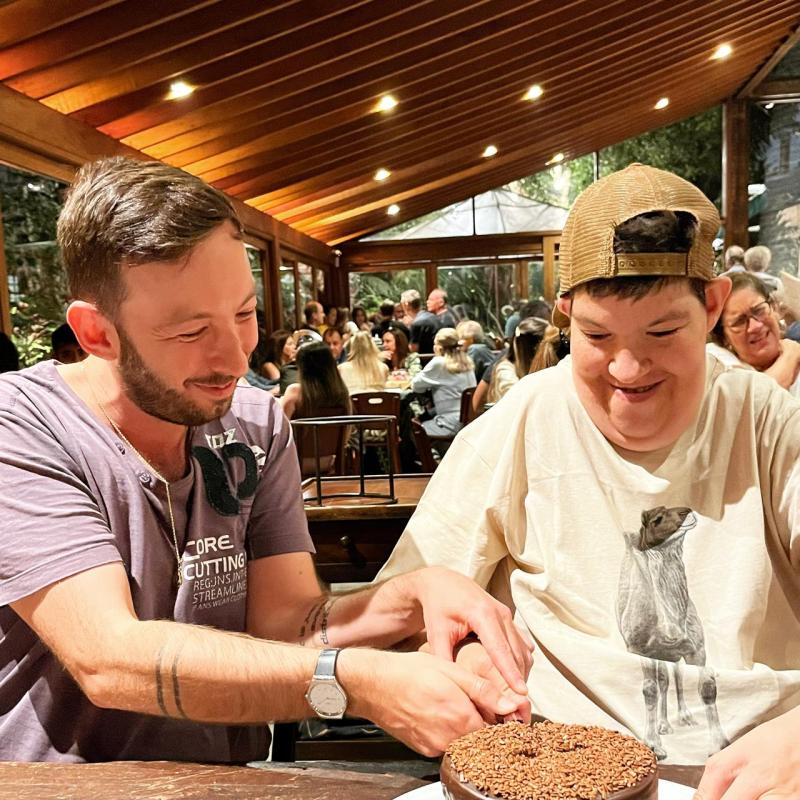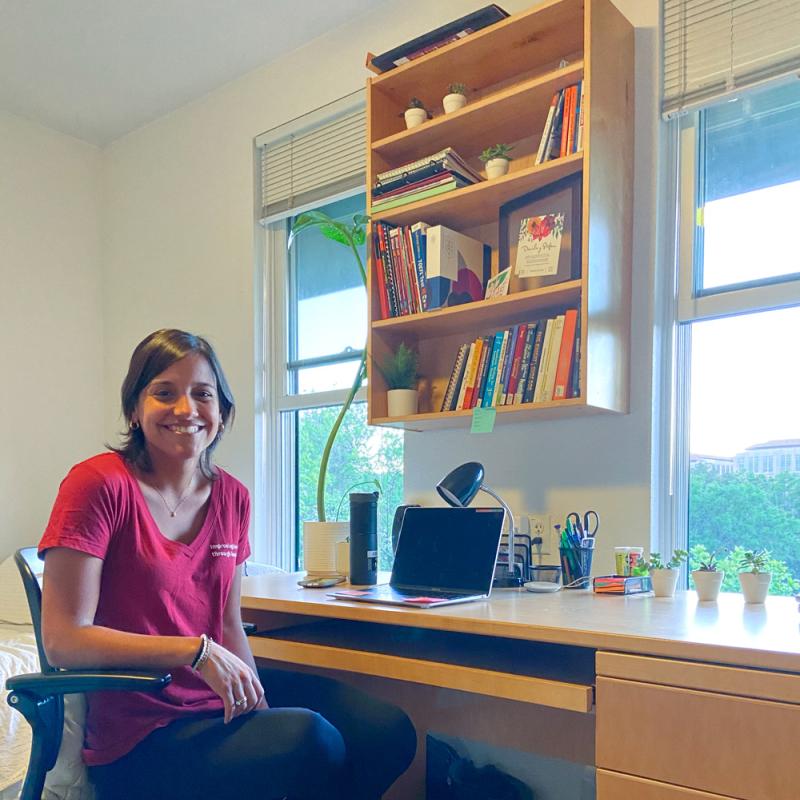
Guilherme Lichand
One of the first lessons Guilherme Lichand learned about education came from watching his younger brother Bruno navigate life as someone with cognitive and learning disabilities.
“I think I understood very early in life that how well you did in school was not only about effort, because he always had to exert 10 times more effort than me to get half as much done,” said Lichand, who is now an assistant professor of education at the GSE. “It gave me an awareness of both how unequal opportunities can be, and how much you can develop in the right conditions.”
This led Lichand to pursue a career where he’d be in service of those who lacked access to resources. An economist by training, his first shot at this dream was to work at the World Bank in his home country of Brazil.
“It was impactful work on paper but, in practice, I really don’t think I was changing anything,” he said. “I remember going to a meeting with a state secretary and showing him cities to prioritize for water investments, because they had the least access, and him laughing and telling me it wouldn’t happen because those municipalities were not politically aligned with the state government.”
From there he followed advice to return to school so he could move up in rank and increase his influence, and got his PhD in political economy and government from Harvard University. Graduate school was where he first found the connections among his work, human capital, and the importance of investing in students and their education.
Now, his research focuses on sources of educational inequity in the Global South, and solutions with the potential to overturn those sources.
“Having Bruno as my brother really shaped my view of the world and pushed me to work in this space,” he said. “This work really matches my aspirations of using my technical background to inform policies that could improve the lives and future trajectories of the most vulnerable.”
Photo: Courtesy Guilherme Lichand | Words: Olivia Peterkin


